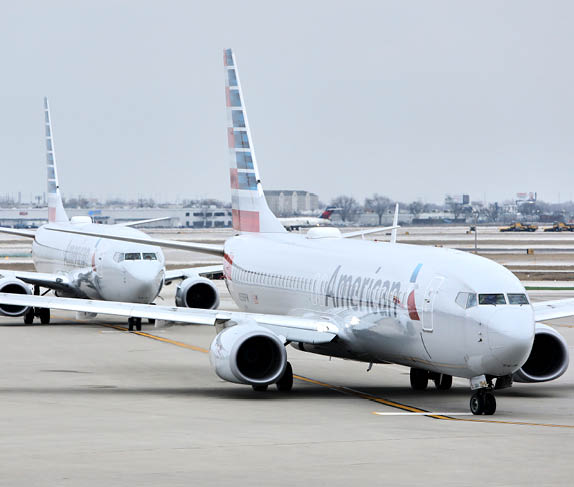In a May 17 statement, Boeing said cutting carbon emissions in aviation depends on "the overall energy transition", with sustainable aviation fuel (SAF) likely to be the aviation industry's main contribution.
Electric and hydrogen-fuelled aircraft face "long time-frames for development", meaning their contributions to the "net zero" goal "will likely be limited," the aerospace business said.
"Our industry has really hard questions ahead of us, we're going to have to make difficult choices," said Neil Titchener, Cascade programme leader.
Boeing's statement came as it announced it had made its Cascade tool available or public use on its Sustainable Aerospace Together website. Cascade is a "data modelling tool that identifies the effects of a range of sustainability solutions to reduce aviation's carbon emissions", Boeing said.
"We created Cascade to serve as an industry tool that creates a common framework among aviation, energy, finance and policy," said chief sustainability officer Chris Raymond.
According to the aerospace company, Cascade "examines the full life cycle of alternate energy sources for aviation – from production through distribution and use – and quantifies the ability to cut aviation's carbon emissions".
"Data modelling also measures airplane fleet renewal, operational efficiency, renewable energy sources, future aircraft and market-based measures as pathways to decarbonisation," Boeing announced.
"Cascade can be the conversation starter for how each decarbonisation pathway can help us reach a more sustainable future," said Titchener.

